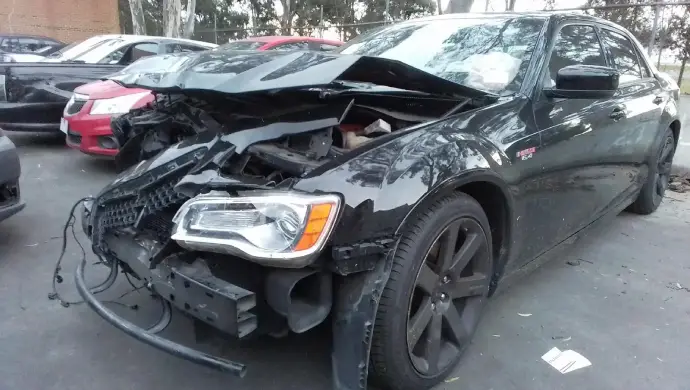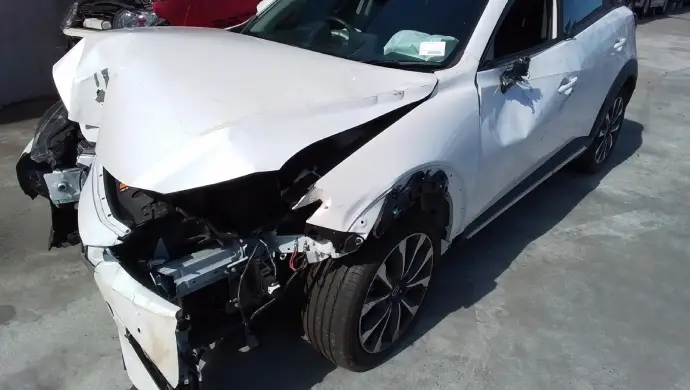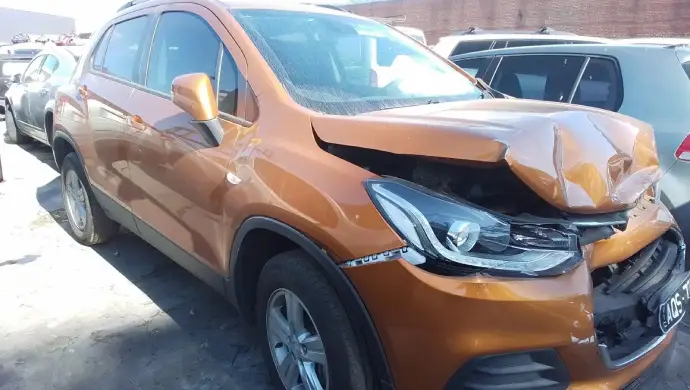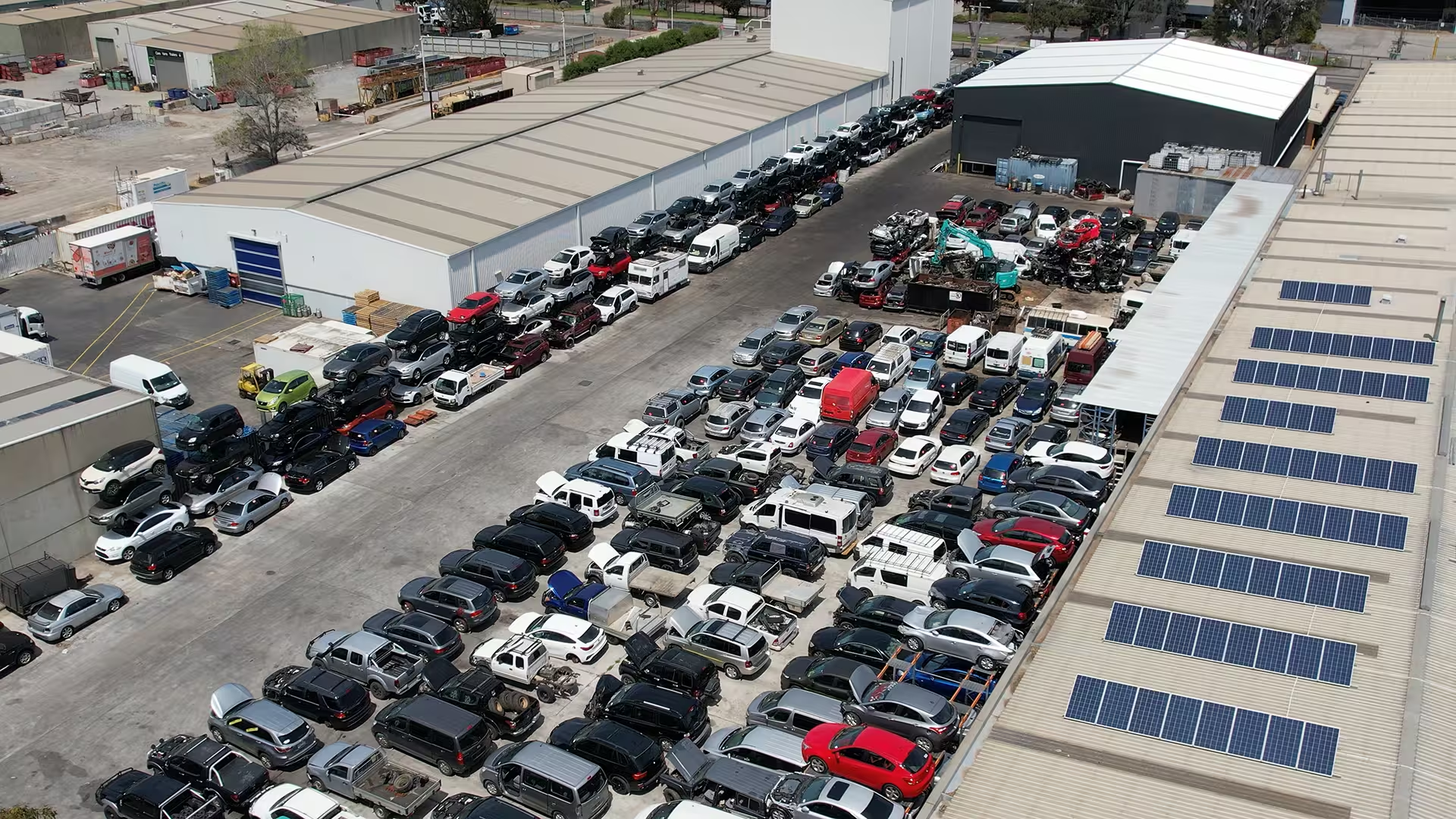
It can be frustrating to receive a lower offer for your old or scrap vehicle than you expected. Many car owners assume the car’s worth is fixed, but in reality, a scrap car valuation depends on several different factors.
Everything from the car’s age and mileage to its condition, demand for parts, and even broader market data can affect the final figure. Understanding these influences is the first step in learning how to get an accurate car valuation and avoid surprises.
In this guide, we’ll explore the key car valuation factors, explain why offers vary, and provide practical tips on how to calculate the value of your car before you decide to sell your vehicle.
What is car valuation and how does it work?
A car valuation is an estimate of how much a vehicle is worth in the current market. It helps both buyers and sellers understand a realistic market value before negotiating a price. Unlike a fixed figure, a valuation is based on market data, the condition of the car, and comparable sales of similar makes and models.
Valuations can be generated in different ways. Online valuation tools use vehicle details like age, odometer reading, and model to provide an estimated price range. A dealership or trade-in valuation may use similar data but often provides a lower figure to leave room for resale profit. Professional valuers can also carry out a car inspection, which considers mechanical condition and service history to give a more accurate estimate.
Because the value of your car is influenced by real-time market conditions, it is important to compare multiple valuation sources before deciding to sell your car. This gives you a clearer picture of your car’s worth and prevents unrealistic expectations.
Main factors that affect the value of your car
Several factors influence a car valuation, and understanding them can help you set realistic expectations before deciding to sell your car. While no two offers are exactly the same, the following elements usually have the biggest impact on the value of your car:
- Age and mileage: A newer vehicle with a lower odometer reading will usually attract a higher price than an older model with heavy use. Cars lose value in the first year and continue to depreciate over time.
- Condition of the vehicle: Cosmetic issues, accident history, or mechanical problems can significantly reduce the car’s worth. Even minor repairs left undone can affect the final sale price.
- Market demand: Popular makes and models, especially SUVs and fuel-efficient cars in the Australian market, hold their value better because of strong market demand.
- Service and ownership history: A clean record with regular servicing, no major accidents, and no finance owing gives buyers confidence and raises the market value of your vehicle.
- Current market conditions: Broader economic factors, such as fuel prices or resale demand, also play a role in determining the car’s market value at any given time.
By keeping these car valuation factors in mind, you’ll be better prepared to understand why your car might receive higher or lower offers when compared to an online car valuation or trade-in.
Why scrap car valuations are often lower than expected
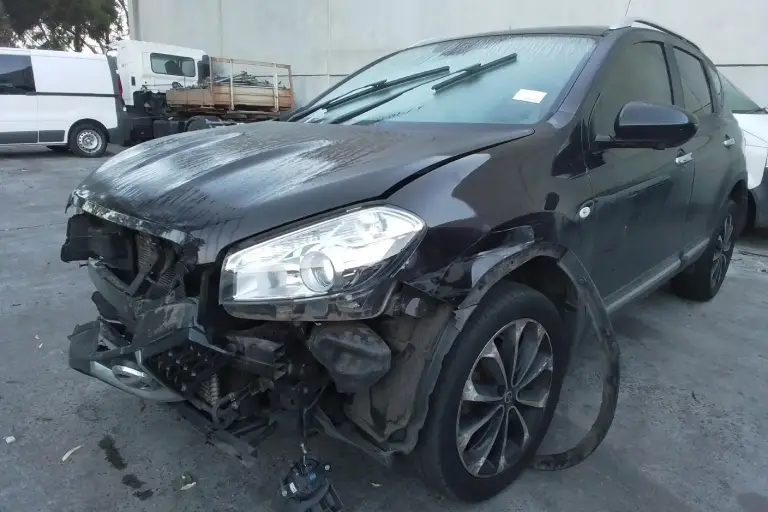
When you request a scrap car valuation, the offer you receive is usually lower than the figure given by an online car valuation tool or a dealership guide. This is because a scrap buyer looks at a vehicle differently from someone in the used car market. Instead of focusing on resale value, the price is based mainly on the weight of the metal, recyclable materials, and the demand for parts.
A car with significant accident damage, missing components, or mechanical faults may have little value beyond its scrap potential. Even if it once had a high market value, its worth as a scrap vehicle can be much lower. In these cases, the final sale price reflects what can be salvaged rather than what the car might fetch in a private sale.
This doesn’t mean a scrap car is worthless; it simply means the valuation process is different. Owners should understand that scrap prices fluctuate with market conditions and material demand, which explains why offers can seem lower than expected.
How to calculate car valuation using online tools
For many car owners, the first step in understanding the value of your car is using an online car valuation tool. These platforms estimate a price range based on the vehicle details you provide, such as make and model, age, odometer reading, fuel type, and overall condition. By comparing your car to recent sales of similar vehicles, they generate an estimated valuation range that reflects the current market conditions.
It is important to remember that these figures are only guides. An online valuation cannot fully capture the unique features or issues of your vehicle, such as hidden mechanical problems, accident history, or aftermarket modifications. This is why the car valuation process often combines automated estimates with real-world checks. A professional buyer or dealer may carry out a car inspection to give a more accurate figure than what you’ll see online.
Using an online car valuation can be helpful for setting expectations, but it should be treated as a starting point rather than a guaranteed final sale price.
Professional car valuations vs. online car valuations
Both professional and online methods can give you a clearer picture of your car’s worth, but they serve different purposes. An online car valuation provides a quick estimate, while a professional valuation usually involves a more detailed car inspection.
Both methods can be useful, but relying on only one may give you an incomplete picture. For the most accurate valuation, many sellers start with an online estimate and then compare it with a professional car valuation before deciding on a final price.
Ways to improve your car valuation before selling
There are several simple steps you can take to raise the market value of your car before listing it for sale or getting a quote. Even small improvements can make a difference in the final price.
- Clean your car inside and out: First impressions matter in the car valuation process. A car that looks clean and well-maintained is more appealing to buyers and can influence how much they are willing to pay. Take the time to wash and polish the exterior, vacuum the interior, and remove any clutter. Even if the vehicle is older, a tidy appearance signals that it has been cared for and helps improve the perceived value of your car.
- Fix minor repairs: Small issues such as dents, scratches, or broken lights can reduce the car’s worth during inspection. Completing these minor repairs often costs less than the amount they add to the car valuation, making them worthwhile. Even replacing worn tyres or fixing a cracked windscreen can help secure a higher estimated price range. Buyers generally prefer cars that feel ready to use rather than those requiring immediate work.
- Gather service history and documents: A full record of servicing and repairs is one of the most important factors for an accurate valuation. Having logbooks, receipts, and registration paperwork available demonstrates reliability and reassures buyers about the car’s condition. Clear documentation can also reduce doubts during a car inspection, making it easier to achieve a fair market value.
- Highlight unique vehicle details: Not every car of the same make and model is valued equally. If your vehicle has low mileage, fuel efficiency, safety features, or recent upgrades, these details can add value. Make sure to include them when using online car valuation tools or when speaking with a professional buyer. Highlighting unique features helps your vehicle stand out and can lead to a higher car valuation estimate compared to similar cars without those qualities.
- Be realistic about market conditions: The current market value of your vehicle is influenced by external factors such as fuel prices, buyer preferences, and the overall Australian car market. For example, demand for SUVs or fuel-efficient cars can drive prices up, while oversupply of certain models may bring them down. Being realistic about these market conditions ensures you list your car at a realistic price and helps avoid disappointment if the offer is lower than expected.
Private sale vs. trade-in vs. wreckers: Which is best?
When it comes time to sell your car, the method you choose has a big impact on the final sale price. Each option comes with different advantages depending on your priorities, whether you want maximum return, convenience, or speed.
Choosing the best method depends on your situation. If you want the highest possible price and have time to wait, a private sale may be suitable. For those looking for a straightforward and reliable option, car removal services often provide the most practical balance of value and convenience.
Get a fair valuation and instant cash with Wreckerland

If you’ve been disappointed by low scrap car valuations, Wreckerland can provide a fair and transparent alternative. Our team understands the many car valuation factors that affect pricing, from condition and demand to market data, and we offer competitive quotes tailored to your vehicle.
You don’t need to worry about costly repairs or waiting for a private buyer. We provide instant cash offers and free removal across Melbourne. Contact Wreckerland today to get a fair car valuation and same-day payment, and enjoy peace of mind knowing you’re working with Melbourne’s trusted professionals.
Frequently asked questions about car valuation
Why is my car worth less than I expected?
A car’s value can be lower than expected because of several factors, such as age, mileage, overall condition, and current market conditions. If the car has an accident history, overdue servicing, or cosmetic issues, these can all reduce the car's valuation compared to what you might see in an online valuation.
How accurate are free online car valuations?
Free tools can provide a useful car valuation guide, but they are only estimates. These tools rely on market data and comparisons with recent sales. They cannot account for unique issues like hidden mechanical faults, structural damage, or upgrades. For an accurate valuation, many sellers compare online estimates with a professional car valuation that includes an inspection.
Does market demand really affect the value of my car?
Yes, market demand plays a major role in determining the market value of your vehicle. Popular makes and models usually attract higher offers, while cars in oversupply may see reduced values. Seasonal trends, such as higher demand for 4WDs in rural areas or fuel-efficient cars during periods of high petrol prices, can also influence the car’s worth.
Can I get a fair price for a scrap car?
Even if your vehicle is no longer roadworthy, you can still receive a fair scrap car valuation. Scrap buyers base their offers on the weight of the metal, the demand for reusable parts, and the recycling potential. While the final price may be lower than a private sale, it provides a quick and reliable way to turn an unwanted vehicle into cash.
What details should I provide for an accurate car valuation?
To get the most accurate estimate, be ready to supply the car’s make and model, year, odometer reading, and service history. Providing complete vehicle details ensures that valuation tools or buyers can give you a realistic estimated price range for your car.




